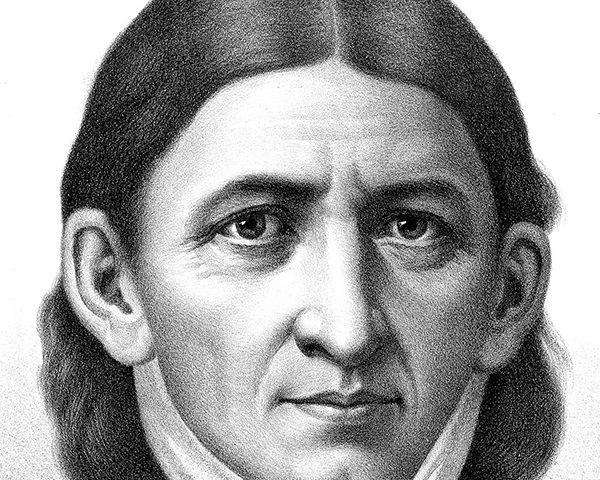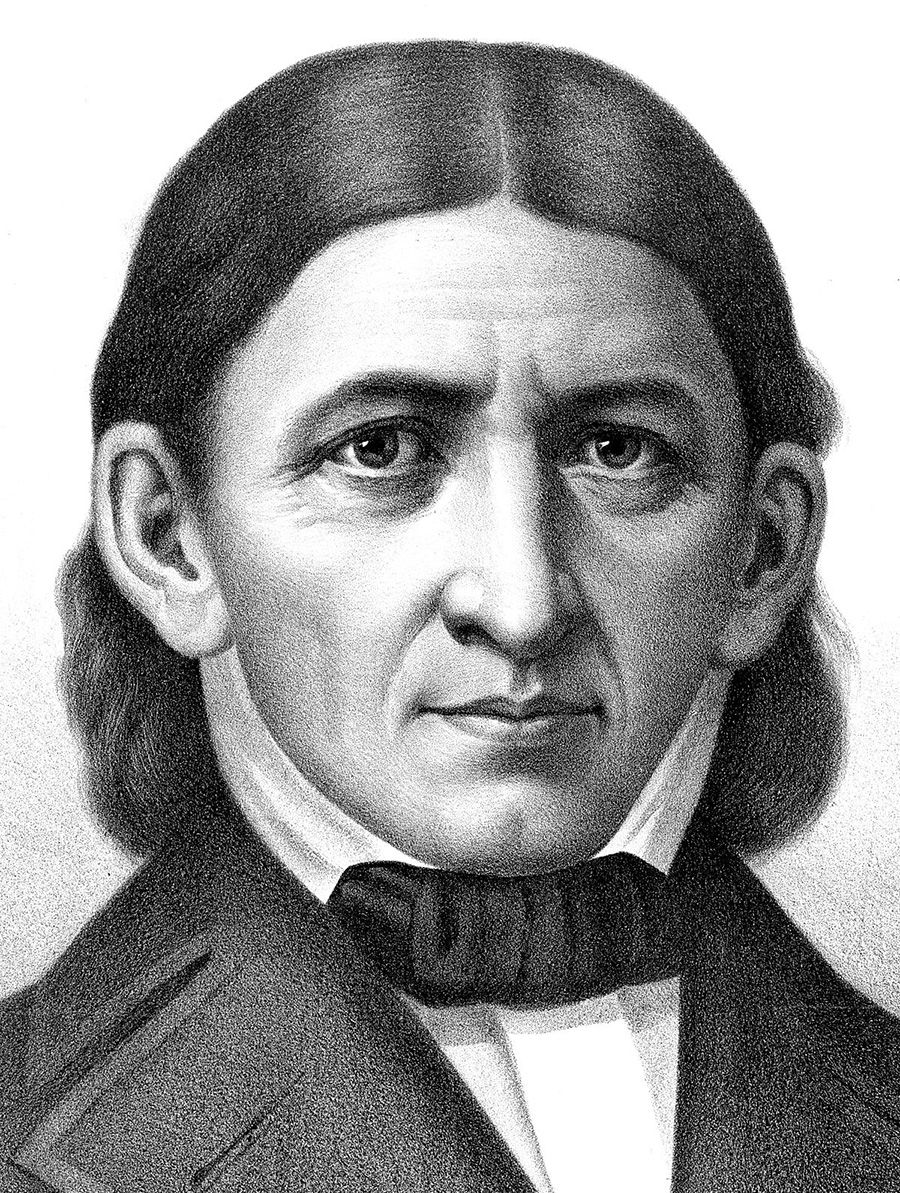Student Teachers Working With and in Communities

University-based teacher educators seen through the eyes of school-based teacher educators
May 11, 2019
Teacher Educators’ challenge to remain current to support others in their development
May 25, 2019Student Teachers Working With and in Communities

Culturally Responsive Teaching in an After-School Homework Club for Children from the Irish Traveller Community
In the Froebel Department of Primary and Early Childhood Education at Maynooth University our work in Initial Teacher Education (ITE) is guided by the philosophy of the German pedagogue, Friedrich Froebel (1782-1852) and by the principles of equality, inclusiveness and social justice in Maynooth University. These principles very much align with the InFo-TED Teacher Educator as an agent of (social) change category.
Gaining professional experience in a variety of placement settings is a common feature of ITE programmes. These placements usually occur in mainstream school settings. In the Froebel Department, student teachers are given additional opportunities to engage with a variety of alternative non-mainstream placements, based on authentic educational experiences working with and in the community.
Ireland is widely recognised for the high calibre of school leavers entering ITE programmes. However, on entering the B. Ed. programme, students report having limited experience of inclusive pedagogy or diversity in education and are not fully aware of how education intersects with social inequity. The cultural homogeneity of the Irish teaching profession in comparison to pupil demographics in Irish classrooms is widely recognised (Keane and Heinz, 2015).
The Froebel B. Ed. programme prepares students to work in diverse environments and builds their conceptual understandings of social justice, intercultural and global perspectives through integrating Development and Intercultural Education (DICE) across a number of programme modules. Students learn from and within communities in the B. Ed. Year 3 Module Dissolving Boundaries: Education Projects in the Community. The module aims to promote leadership for social change among student teachers. The module requires students to engage with a suitable education project aimed at minoritised and/or marginalised groups in society.
One such minoritised group is the Irish Traveller Community, which is recognised as one of the most stigmatised and disadvantaged minority groups in the Republic of Ireland (Hourican & Campbell, 2010). The distinctive identity and culture of Irish Travellers is based on a nomadic tradition that has set them apart from the sedentary population.
Student teachers organise and run an after-school homework club for primary school pupils from the Traveller Community as part of the B. Ed. Year 3 module. Culturally responsive teaching (Villegas & Lucas, 2007; Gay, 2015), founded on constructivist views of learning, is essential in addressing the needs of students from diverse populations. Student teachers on this module employ pedagogic practices that contribute to culturally responsive teaching and reflect on their own positionality and privilege. Student teachers involved in the homework club liaise with the parents and school of the Traveller children in relation to planning and ensure that Traveller culture is represented in curricular materials. Additionally, students are invited to visit the home setting of the Traveller children. In turn, members of the Traveller community visit the University to present to the students. Such interactions allow student teachers to interact and develop relationships with a community that may have previously been unfamiliar to them.
Student teachers who have worked on this project report many benefits from their engagement with this project. One of the student teachers who has now graduated sums up the learning that occurred:
 Having had no experience of working with Traveller children, this project was an eye-opener for me. The visit to their home setting was very good in challenging negative stereotypes. Never having been on a halting site before, it did feel a bit strange at the start. Travellers we met were very forthcoming about their negative experience of school and the honest truth of their experience, including being stigmatised by teachers. It brought home to me that we need to be able to teach all children.
Having had no experience of working with Traveller children, this project was an eye-opener for me. The visit to their home setting was very good in challenging negative stereotypes. Never having been on a halting site before, it did feel a bit strange at the start. Travellers we met were very forthcoming about their negative experience of school and the honest truth of their experience, including being stigmatised by teachers. It brought home to me that we need to be able to teach all children.
Flessner and Payne (2018, p. 293) maintain that projects such as the one described in this blog provide tools to student teachers “to enact their agency alongside others to ensure that humanizing forces take root and flourish in order to support a more just society”. The module provides insights for students through embracing multicultural education theory coupled with practitioner enquiry.
I would like to acknowledge the input of my Froebel Department colleagues Aoife Titley and Laura Thornton in the areas of DICE and ASP respectively.
References
Flesser, R. and Payne, K. (2017). The Impact of Social Theories on Agency in Teacher Education. In: Clandinin, J. and Husu, J. (Eds.) The Sage Handbook of Research on Teacher Education. London: Sage Publications, 286-300.
Gay, G. (2015). The what, why, and how of culturally responsive teaching: international mandates, challenges, and opportunities. Multicultural Education Review, 7:3, 123-139.
Hourigan, N. & Campbell, M. (2010). The TEACH Report Traveller Education & Adults: Crisis Challenge and Change. Dublin: National Association of Travellers' Centres.
Keane, E. & Heinz, M. (2015) Diversity in Teacher Education in Ireland: The Socio-Demographic Backgrounds of Postgraduate Post-Primary Entrants in 2013 and 2014. Irish Educational Studies, 34(3), 281-3-1.
Villegas, A. & Lucas, T. (2007). Responding to Changing Demographics: The Culturally Responsive Teacher. Educational Leadership, 64, 28-33.





